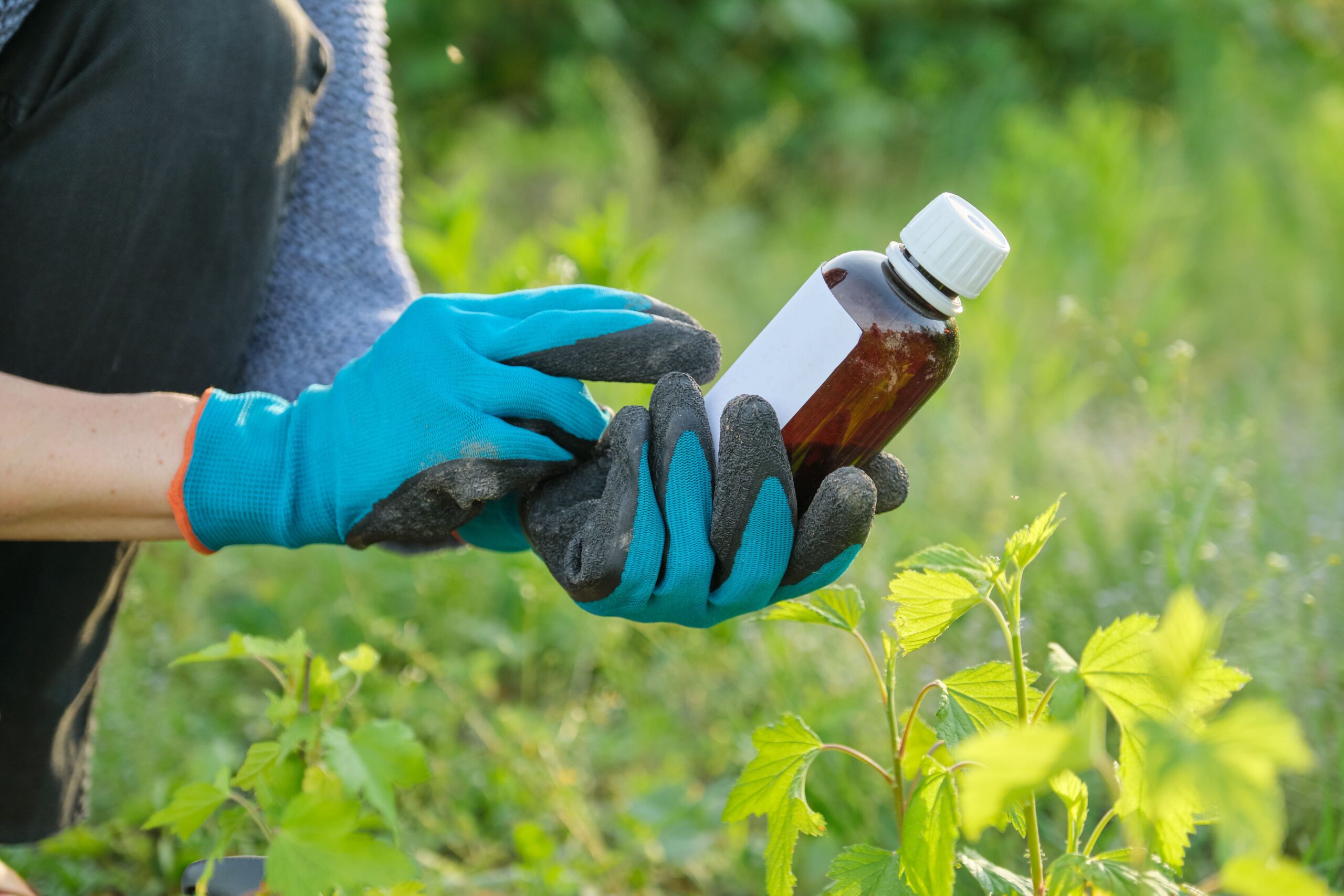Introduction
Glyphosate, the active ingredient in Monsanto’s popular weed killer Roundup, has been at the center of a heated scientific and legal debate. Thousands of lawsuits have been filed against Monsanto (now owned by Bayer), claiming that glyphosate exposure caused cancer—specifically, non-Hodgkin lymphoma. This post explores the science linking glyphosate to cancer, the legal landscape surrounding Roundup lawsuits, and what this means for consumers and workers exposed to the herbicide.
What Is Glyphosate?
Glyphosate is a broad-spectrum herbicide widely used in agriculture, landscaping, and gardening. Since its introduction in the 1970s, it has become one of the most commonly used weed killers in the world. Farmers use it to manage weeds in crops, especially those genetically engineered to withstand glyphosate’s effects, known as “Roundup Ready” crops.
The Science: Does Glyphosate Cause Cancer?

The IARC Classification
In 2015, the International Agency for Research on Cancer (IARC), part of the World Health Organization (WHO), classified glyphosate as “probably carcinogenic to humans” (Group 2A). The IARC’s classification was based on studies showing:
- Animal studies: Evidence of cancer in laboratory animals exposed to glyphosate.
- Human studies: Limited evidence linking glyphosate exposure to non-Hodgkin lymphoma, especially among agricultural workers.
- Mechanistic data: Evidence that glyphosate can cause DNA damage and oxidative stress, both of which are linked to cancer.
Conflicting Reports
While the IARC’s findings raised alarm, other organizations, including the U.S. Environmental Protection Agency (EPA) and the European Food Safety Authority (EFSA), have concluded that glyphosate is unlikely to pose a carcinogenic risk to humans. These conflicting reports have fueled public and scientific debate.
Epidemiological Evidence
Studies have found that agricultural workers with long-term exposure to glyphosate have a higher risk of developing non-Hodgkin lymphoma. However, proving causation in such cases is complex, given the influence of other environmental and genetic factors.
The Legal Landscape: Roundup Lawsuits
Background on the Lawsuits
As of 2023, Bayer has faced over 100,000 lawsuits related to Roundup, with plaintiffs alleging that glyphosate exposure caused their cancer. The lawsuits gained momentum after several high-profile cases awarded significant damages to plaintiffs:
- Dewayne Johnson Case (2018): A California jury awarded $289 million to a school groundskeeper, later reduced to $78 million.
- Pilliod v. Monsanto (2019): A couple was awarded over $2 billion, later reduced to $86.7 million.

Bayer’s Legal Strategy
Bayer has maintained that glyphosate is safe when used as directed, citing regulatory reviews in its defense. However, the company has also allocated billions of dollars to settle lawsuits and limit future liabilities.
Ongoing Developments
- Appeals: Bayer continues to appeal verdicts, arguing that glyphosate is not carcinogenic.
- Settlement Funds: The company has set aside $10 billion to resolve existing claims and establish a framework for future cases.
- Regulatory Reviews: Agencies like the EPA are under pressure to reassess glyphosate’s safety.
How Glyphosate Exposure Occurs
Glyphosate exposure can occur through various routes:
- Direct contact: Skin exposure during mixing, application, or cleanup.
- Inhalation: Breathing in spray mist during application.
- Ingestion: Consuming food or water contaminated with glyphosate.
Populations at the highest risk include agricultural workers, groundskeepers, and homeowners using Roundup in their gardens.

What to Do If You’ve Been Exposed to Glyphosate
If you believe you’ve been exposed to glyphosate and have developed health problems:
- Seek Medical Attention: Consult a doctor for a thorough evaluation.
- Document Your Exposure: Keep records of when, where, and how you were exposed.
- Consult an Attorney: An experienced attorney can advise you on your legal options.
The Broader Implications of Glyphosate Use
Environmental Concerns
Glyphosate’s widespread use has also raised concerns about its environmental impact, including:
- Soil health: Glyphosate can disrupt soil microbial communities.
- Water contamination: Runoff can lead to glyphosate residues in rivers and lakes.
- Biodiversity: The herbicide’s impact on non-target plants and animals.
Alternatives to Glyphosate
Growing awareness of glyphosate’s risks has led to increased interest in:
- Organic farming practices.
- Mechanical weed removal.
- Use of natural herbicides.
Conclusion
The debate over glyphosate’s safety and its link to cancer continues to evolve. While regulatory agencies and scientific studies offer conflicting conclusions, the legal victories of Roundup plaintiffs highlight the potential risks of long-term exposure. For consumers and workers, awareness and precaution are key.
If you or a loved one has been affected by glyphosate exposure, legal avenues may provide a path to compensation and justice. Consult with experts to navigate the complexities of this issue.
Tags
- Glyphosate
- Roundup Lawsuits
- Non-Hodgkin Lymphoma
- Cancer Risks
- Environmental Impact
- Herbicide Safety
- Mass Torts
- Bayer Monsanto
- Toxic Exposure
- Agricultural Health

